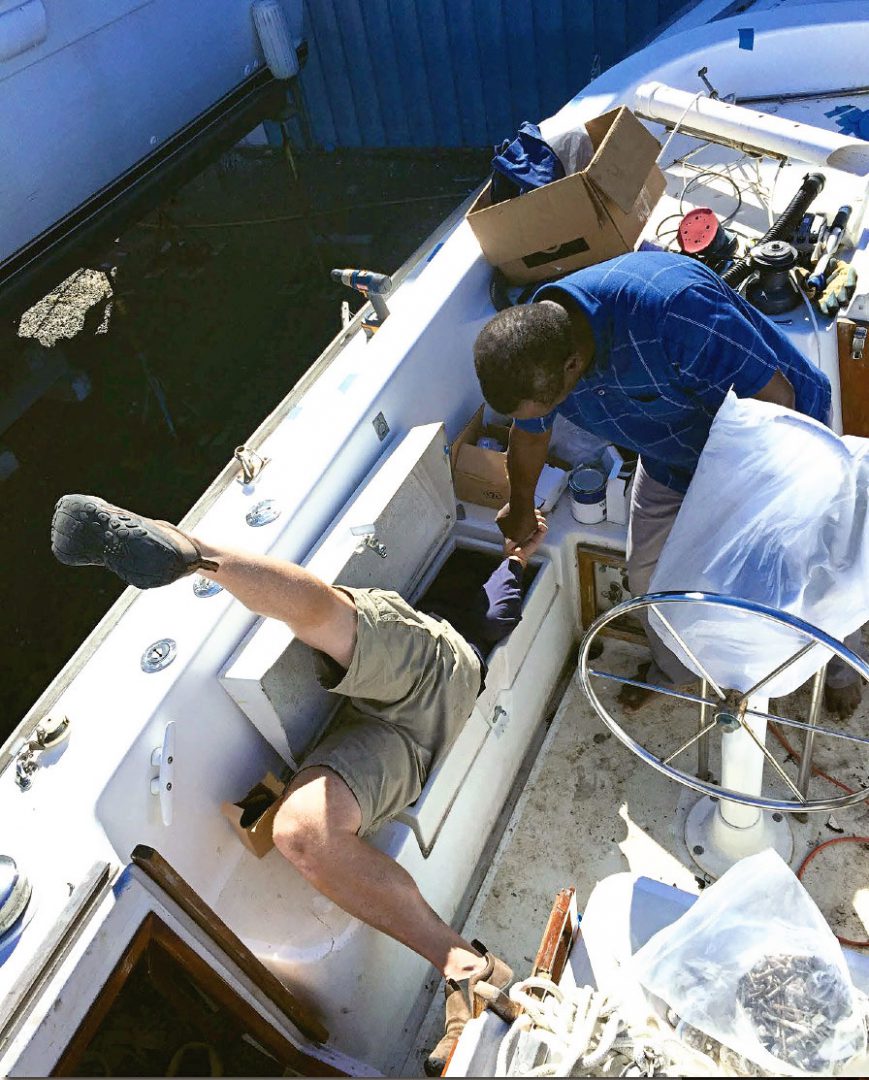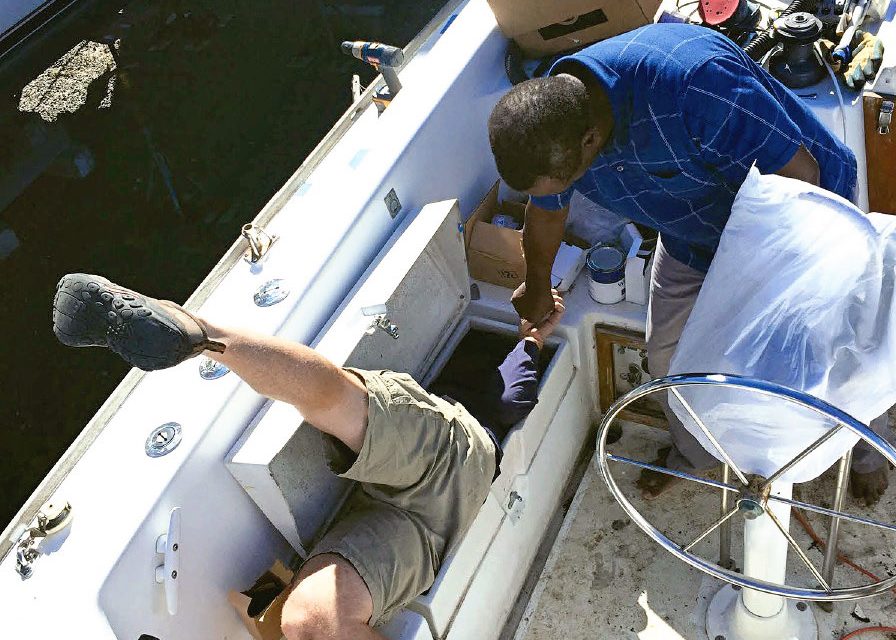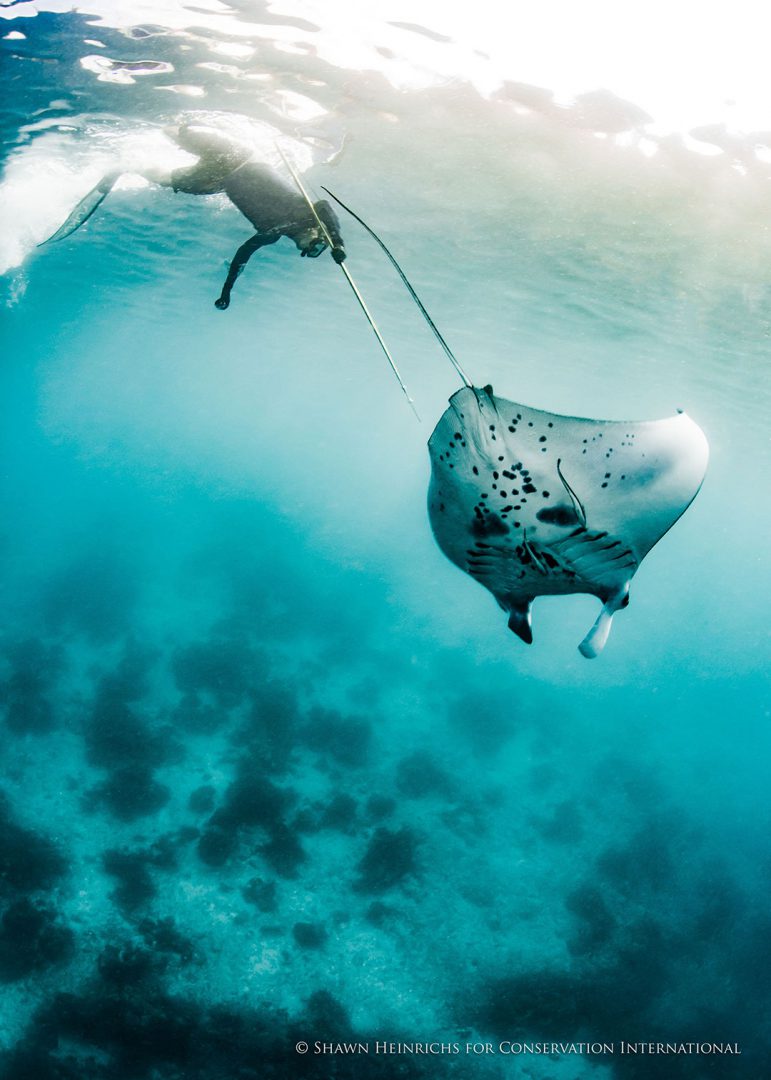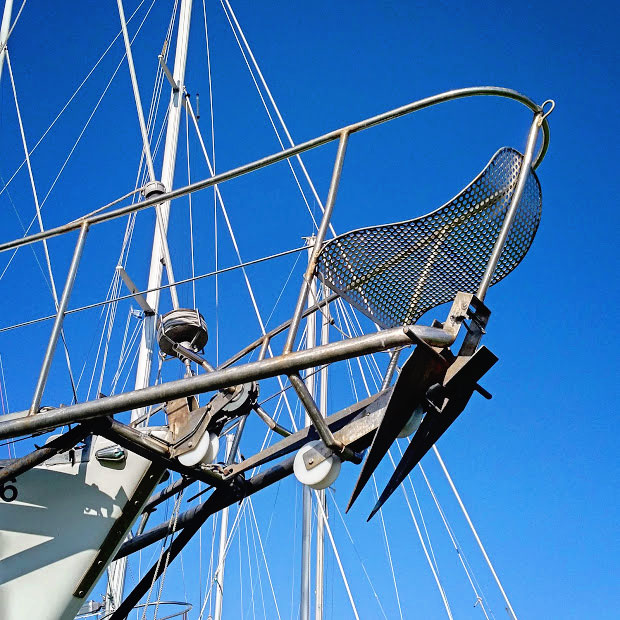Time to Winterize
If you live and sail where it gets really cold, you know about winterizing your boat. But did you know that insurance companies insure against freeze/thaw damage? And that coverage must be purchased (generally) by October 31? We figure there are enough new boaters out there this year (given what we are hearing from busy brokers and surveyors) that it bears mention here.
Harken Sold
![]()
Harken, the well-known marine manufacturer of sailboat hardware that has been family-owned since it was founded 52 years ago, has changed hands. Peter Harken announced last month that, “It’s time for those who have worked with us to own Harken.” Yep, it’s now a wholly employee-owned company, led by CEO Bill Goggins.
Science and Antifouling
This is kind of apropos of nothing, but we learned recently that marine scientists (who love to tag wildlife for the purposes of studying them) were often frustrated and stymied by transmitting tags that failed to transmit after a relatively short period because of marine growth. So Oceanmax, the makers of Propspeed (antifouling for propellers), has been working with several groups of scientists (such as at the Monterey Bay Aquarium Research Institute and the New Zealand Department of Conservation and Conservation International) to formulate an effective, non-metallic antifouling coating for transmitting tags. Apparently, the work has been successful and scientists are now benefitting from longer studies and greater data continuity. Win!
Nautical Trivia

Photo courtesy Dennis Reitz
What’s in your lazarette? Dead bodies? Probably not, but it wouldn’t be such an unusual place to put them.
The word “lazarette” is French. Not surprisingly, it derives from the Biblical name, Lazarus. According to a Biblical story, St. Lazarus was raised from the dead—from out of the tomb—by Jesus. Another piece of knowledge you’ll want as we put this together: Lazarus, for whatever reason, was the patron saint of isolation hospitals, hundreds of years ago, the kinds of places where contagious people, such as lepers, were kept.
With those associations, it’s not surprising that on old sailing ships, where they needed a place to store the bodies of passengers who died mid-voyage and who were too important to throw overboard, used the aft-most locker for that purpose and called it the lazarette.
Anything in your lazarette left for dead? Maybe it’s time to clean it out.







